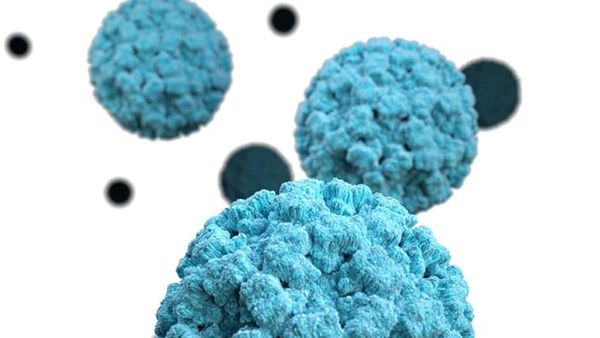AI researchers say they've found a way to separate the hit songs from the duds with 97% accuracy.
Why it matters: Record labels and streaming platforms need help sifting through more than 20,000 new songs a day that come their way.
- As researchers find more patterns in our emotional reactions to music, artists and producers will attempt to tailor music to our tastes.
The big picture: Accurately predicting mass behavior by measuring the brain activity of a handful of people has big political and economic implications — and we're now that much closer to such a reality.
- Movie studios could gain the most in the cultural sector: A box-office bomb can leave a studio nursing a $100 million loss.
Details: Instead of asking people why they liked a particular song, the researchers directly measured neurophysiologic responses to music.
- Claremont Graduate University researchers used sensors to track the emotional responses of 33 people as they listened to 24 songs.
- The dataset allowed the researchers to then find hits across a much bigger set of songs with 97% accuracy.
What they're saying: “If in the future wearable neuroscience technologies like the ones we used for this study become commonplace, the right entertainment could be sent to audiences based on their neurophysiology,” report author Paul Zak told the Jerusalem Post.
Yes, but: Critics have long argued that culture shaped by committee and consensus tends toward bland monotony — and this kind of AI works like one big Silicon committee.
- Also: Tastes change all the time.
Flashback: Efforts to personalize music delivery date back decades, including Polyphonic HMI, the subject of a Harvard Business School case study, which first attempted to use AI to predict hits in 2003, leading to hits (and a handful of Grammys) from artists including Norah Jones.
- Stanford researchers announced in 2020 they've found a way to forecast video engagement levels.
What we're watching: Opinion pollsters and marketers are likely to be the next to pick up on the potential of this sort of brain mapping.
- Spotify already uses natural language processing models to help develop music recommendations, but it isn't yet analyzing your brainwaves.







